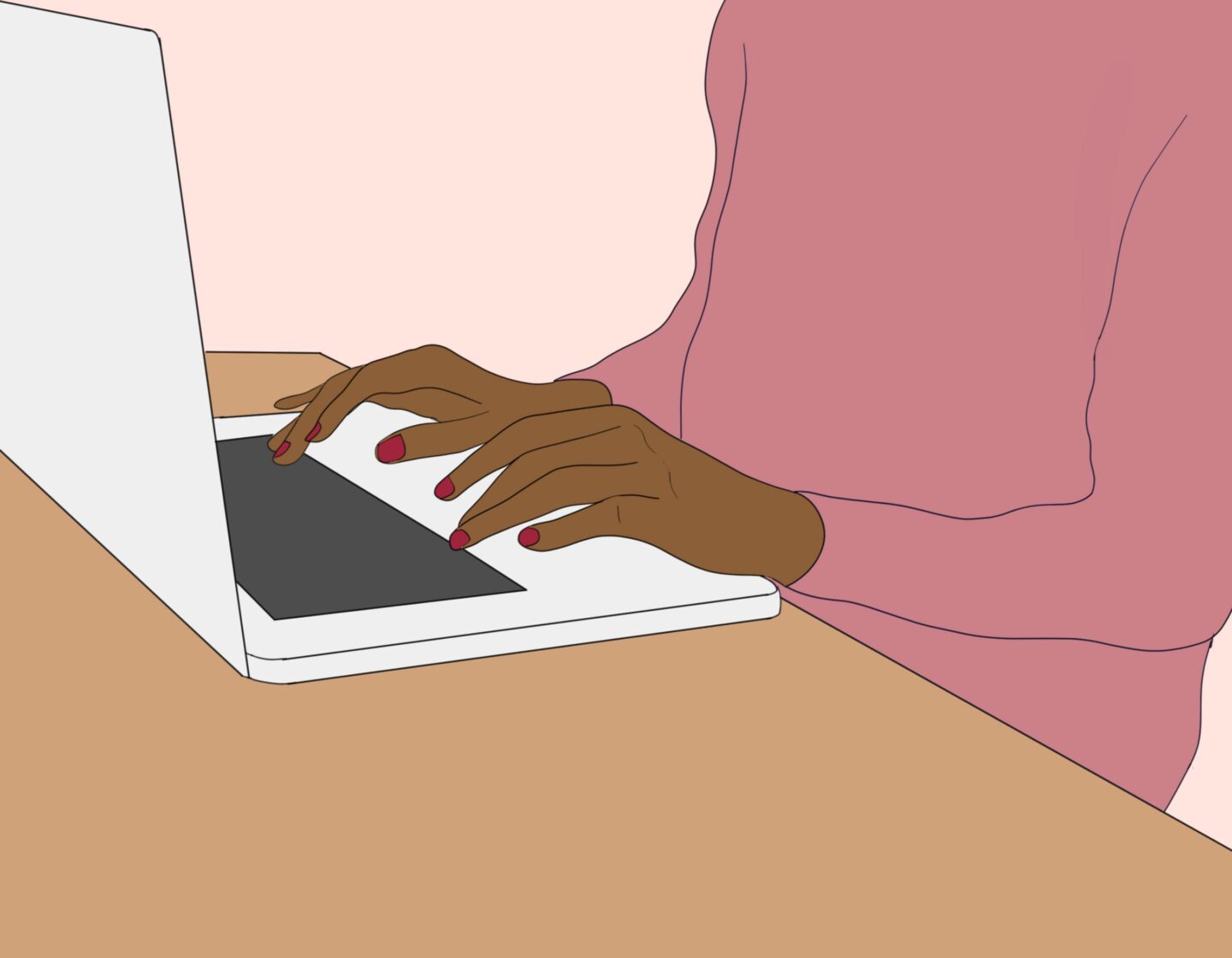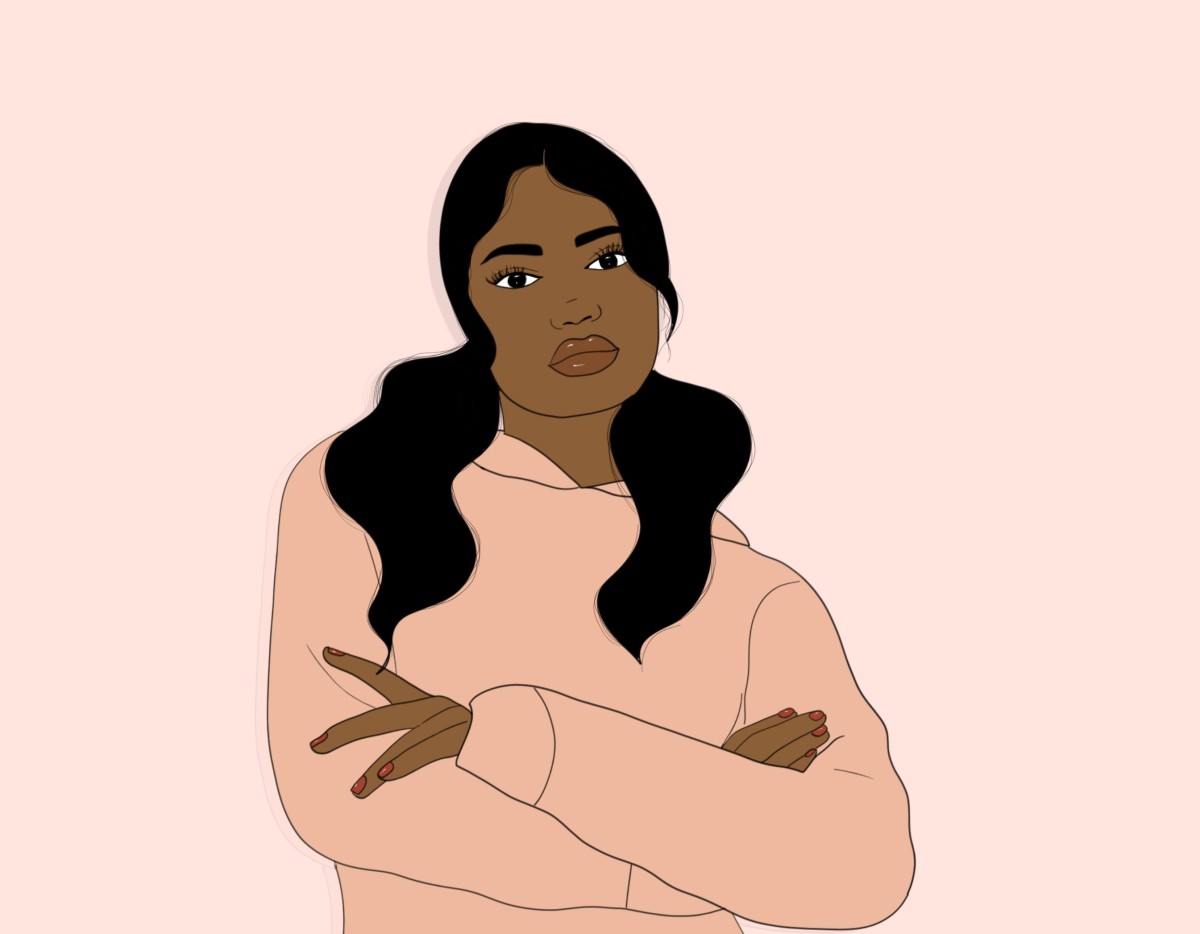The global COVID -19 pandemic has affected all walks of life and almost every society in the world. One group of people often overlooked by our government though are university students. Three things I believe need to be urgently addressed, not just by universities, but by the government itself, are landlords and accommodation, students’ mental health and the quality and quantity of work we as students are still expected to produce.
Landlords and accommodation
Students were told it was safe to go back to university in September. This is despite the government’s scientific advisory group, Sage, publishing a report in the same month which said there was a “significant risk” that higher education “could amplify local and national transmission”. The report added that “it is highly likely that there will be significant outbreaks associated with higher education, and asymptomatic transmission may make these harder to detect.”[1]. So why were students told it was okay to go back? One suggestion believed by many is that much of the accommodation students would be going back to would be on campus and as such, it would be accommodation which the universities would be receiving income from.
It was clear from the start of this academic year that universities had the means to present all classes online. So why encourage students to go back to campus – especially after the Sage report was published? It is difficult not to conclude that a major reason was money.
Furthermore, student accommodation off-campus is predominantly privately owned. Third and second-year students, the usual tenants, will now have experienced paying for accommodation, from March 2020 onwards, which they did not use, and now are again paying for new accommodation which the government has told them they are not allowed to go back to. This is inexcusable. COVID-19 cases were on the rise in September before universities even resumed, and yet students were still encouraged by their own universities to return – only to be blamed by the local population for being the reason cases were so high! It is easy for the government to ban university students from returning, but it is the students who have to carry the financial burden.
One defining case of the treatment of students when it comes to landlords and accommodation was the situation in Manchester Metropolitan University. In September, after being encouraged to go to their accommodation, there was an outbreak of Coronavirus. 1,700 students in one block were forced to self-isolate and not leave their rooms for two weeks. Police and security patrolled outside, and at one-point, even barriers were erected around the block.
Students stuck in this accommodation commented:
“We haven’t received any emails from university about this and they seem to be holding us in against our will.”[2]
“We had eight hours to go get food to last us for two weeks – we have to get any other food delivered, which is expensive.”[3]
“I have a job and it helps me make extra money since student finance isn’t enough but now, I can’t go out to work. We can study remotely but I won’t get paid by the agency I work for.”[4]
All of this, after they were told it was safe for them to return.
Students’ mental health

This leads me onto the second thing I believe needs to be urgently addressed, and that is students’ mental health. There is a mental health crisis alongside the pandemic and with many students living away from home, often for the first time, it can weigh heavy on students to be away from their support systems. January is the peak time for suicides and it is at this time when many vulnerable students are being forced to be apart from their families and not allowed to leave their accommodation.
In a survey of 2,000 university students by the Office for National Statistics (ONS), it was found that more than half of those surveyed felt that their mental health had deteriorated since the start of term, with only a fifth seeking support. More than one in five (22%) said their mental health was much worse, while 63% felt Covid-19 posed either a big or significant risk to their mental or physical health. Students have said they feel lonely, depressed, sad and unable to sleep. Anxiety levels have rocketed because of the uncertainty, the lack of face-to-face contact with teachers and friends, and their fears for the future[5].
Steve West, vice-chancellor of the University of the West of England and chair of University UK’s Mental Health in Higher Education Working Group, said there had been a “doubling and quadrupling” of demand for support from students this year. No additional funds from the government to meet that extra demand had arrived though[6]. Larissa Kennedy, the NUS national president, added: “There was already a mental health crisis on campus that has been exacerbated by Covid-19. To alleviate this crisis students need greater financial support, accessible learning spaces and safe accommodation.”[7]
Much more emphasis needs to be put on students’ mental health by the government. We have seen A level and GCSE exams cancelled for two years in a row due to teaching having to take place online. However, little has been said about university students in the exact same situation. This feeling of not knowing what is going on can lead to a lot of anxiety in many students. This leads me onto my final point – the quality and quantity of work still expected during a global pandemic.
The quality and quantity of work
The quality and quantity of work students are expected to produce is the same as pre-pandemic levels but often with little to no face-to-face teaching, library or lab access. We have seen A level and GCSE exams cancelled for two years in a row now, but little attention is given to the way university students’ work is assessed. Libraries are shut or are a risk to visit and still not all course material deemed as ‘essential’ has been put online. A lot of books are still only available in the library, yet we are being told not to travel back to university or visit campus with deadlines to meet.
As well as this, exams are still going ahead. With exam season approaching fast; study spaces and libraries closed; a stay-at-home order in place and course material not available online, all in our third lockdown, during winter and with COVID deaths higher than ever, is it really any wonder that anxiety and depression among students has risen sharply. All of this, with an insufficient increase in support from the government, and even from the universities themselves.
Nobody is suggesting that COVID restrictions should be eased for students. Or that any other group is not hard done by. But it is university students who, in my experience, have shown most empathy with A level and GCSE pupils. However, the support we have had from the government and our universities falls short by comparison. Universities have recognised it has been hard for us. They send out emails ‘realising we must all be feeling anxious’. But have done little about addressing the issues causing the anxiety.
They recognise how we feel but do very little to help ease the pressure. If anything, they have made matters worse by inviting students back to live at their accommodation, then barring them from leaving or mixing, isolating already anxious and struggling students. The government has done the same. We’ve had speeches and heard talks about how mental health has been affected so severely by the pandemic, yet we have seen little increase in the money they are willing to spend on our well-being. ‘Recognising how we feel’ without action to back it up is hypocritical, if not offensive.
If you or somebody you know is struggling right now, here are some numbers to help:
Anxiety UK
- Phone: 03444 775 774 (Monday to Friday, 9.30am to 5.30pm)
- Website: www.anxietyuk.org.uk
CALM
- Phone: 0800 58 58 58 (daily, 5pm to midnight)
- Website: www.thecalmzone.net
Mind
- Phone: 0300 123 3393 (Monday to Friday, 9am to 6pm)
- Website: www.mind.org.uk
PAPYRUS
- Phone: HOPElineUK 0800 068 4141 (9am to midnight, every day of the year)
- Website: www.papyrus-uk.org
Rethink Mental Illness
- Phone: 0300 5000 927 (Monday to Friday, 9.30am to 4pm)
- Website: www.rethink.org
Samaritans
- Phone: 116 123 (free 24-hour helpline)
- Website: www.samaritans.org.uk
YoungMinds
- Phone: Parents’ helpline 0808 802 5544 (Monday to Friday, 9.30am to 4pm)
- Website: www.youngminds.org.uk
Looking back at lockdown and why I will miss it
Find more lifestyle articles here >
Written by Harriet Conway
Illustrated by Francesca Mariama
REFERENCES
[1] https://www.bbc.co.uk/news/uk-54040421
[2] BBC news, ‘Covid outbreak: Manchester Metropolitan University students in lockdown’, 26 Sep 2020. https://www.bbc.co.uk/news/uk-england-manchester-54289648 [accessed 20 Jan 2021]
[3] BBC news, ‘Covid outbreak: Manchester Metropolitan University students in lockdown’, 26 Sep 2020. https://www.bbc.co.uk/news/uk-england-manchester-54289648 [accessed 20 Jan 2021]
[4] BBC news, ‘Covid outbreak: Manchester Metropolitan University students in lockdown’, 26 Sep 2020. https://www.bbc.co.uk/news/uk-england-manchester-54289648 [accessed 20 Jan 2021]
[5] The Guardian, ‘More than half of students polled report mental health slump’, 9th Dec 2020. https://www.theguardian.com/education/2020/dec/09/more-than-half-of-students-polled-report-mental-health-slump [accessed 21 Jan 2021]
[6] The Guardian, ‘More than half of students polled report mental health slump’, 9th Dec 2020. https://www.theguardian.com/education/2020/dec/09/more-than-half-of-students-polled-report-mental-health-slump [accessed 21 Jan 2021]
[7] The Guardian, ‘More than half of students polled report mental health slump’, 9th Dec 2020. https://www.theguardian.com/education/2020/dec/09/more-than-half-of-students-polled-report-mental-health-slump [accessed 21 Jan 2021]

